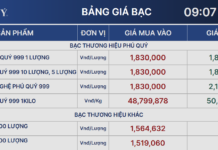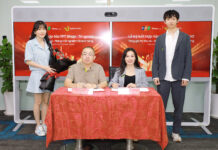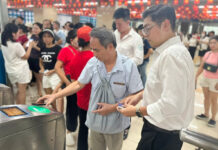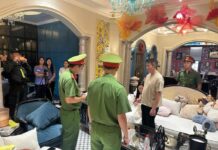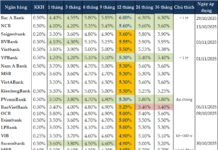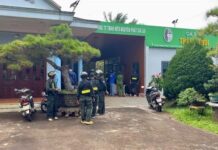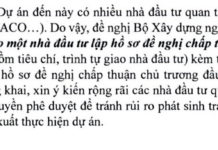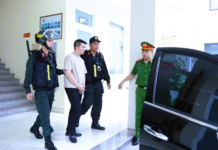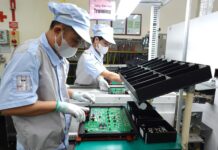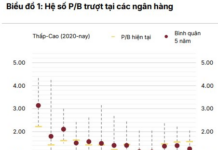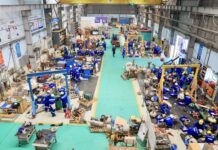The Japan Transport Ministry has issued a recall order to Toyota following additional reports of “irregular certifications” involving several of the automaker’s models. Specifically, the ministry stated that on-site inspections uncovered violations in seven additional Toyota models that had not been previously disclosed.
These models include the Prius Alpha, Lexus RX, RAV4, Camry, Noah/Voxy, Harrier, and Lexus LM. Among these, four models are still in production and on the market: Noah/Voxy, RAV4, Harrier, and Lexus LM.
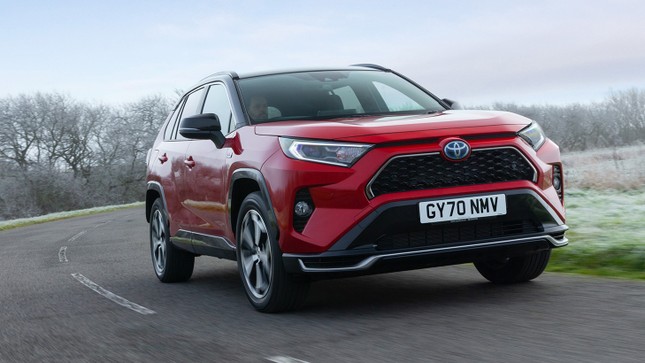
The RAV4 crossover is Toyota’s best-selling product in the US.
Most of the violations pertain to testing certain components that differ from the production versions. The ministry stated that 6 out of 7 of these models were certified in other countries, and they have notified the relevant authorities abroad about this issue.
This is the first time a recall order has been issued directly to the Toyota group. Previously, three manufacturers received recall requests from the Japan Transport Ministry: Hino Motors in 2022, Daihatsu in January of this year, and Toyota Industries in February. All of them are part of the Toyota Motor group.
In response to the ministry’s recall order, Toyota executive Koji Sato stated that the company takes the ministry’s request for rectification seriously and is committed to improving the situation.
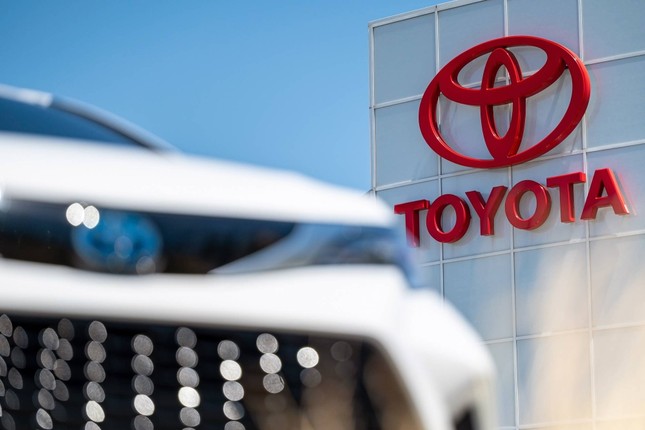
In its official statement, Toyota acknowledged several issues, including unclear regulations regarding the submission of registration documents for certification and a lack of direct involvement and understanding among management-level personnel in the certification process.
Earlier in June, Toyota had to suspend sales of three models in Japan—the Corolla Fielder, Corolla Axio, and Yaris Cross—due to safety certification irregularities. The company is currently awaiting confirmation from the Japan Transport Ministry that these vehicles meet the necessary requirements to resume production and deliveries as early as September.

